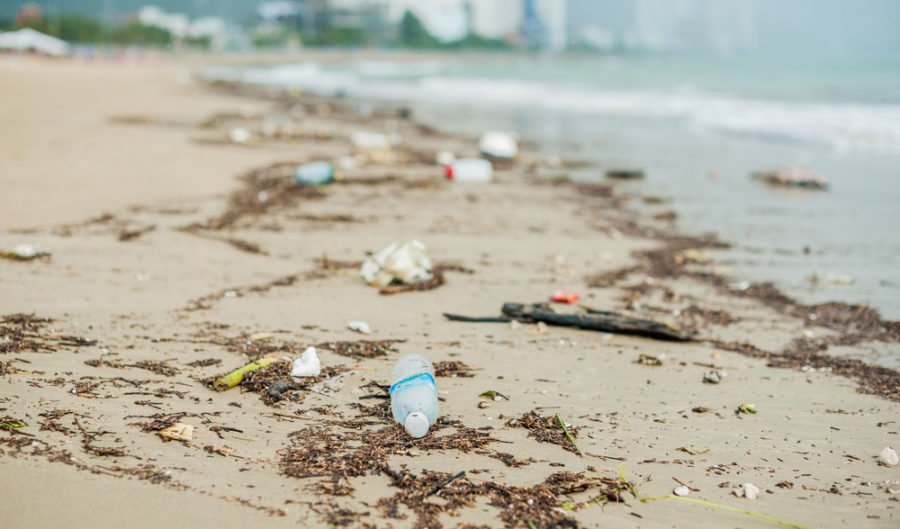
10 cent refund: The huge impact of deposit schemes
Plastic waste in the ocean is a global problem; some eight million metric tonnes of plastic ends up in the ocean every year.

Plastic waste in the ocean is a global problem; some eight million metric tonnes of plastic ends up in the ocean every year.

Sea snakes are experiencing rapid evolutionary change causing them to turn black in order to concentrate pollutants in their skin. Scientists have also found that the sea snakes are shedding their skin more frequently.
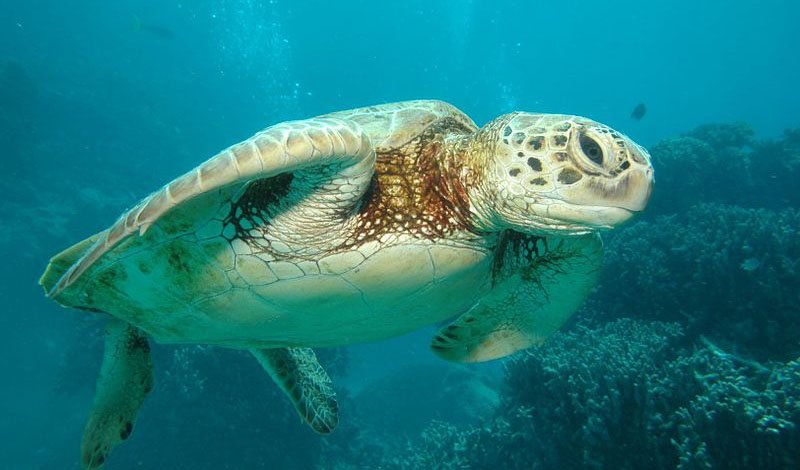
Researchers have found that coastal turtles are ingesting dangerous industrial and agricultural chemicals, posing yet another threat to Great Barrier Reef turtle populations.
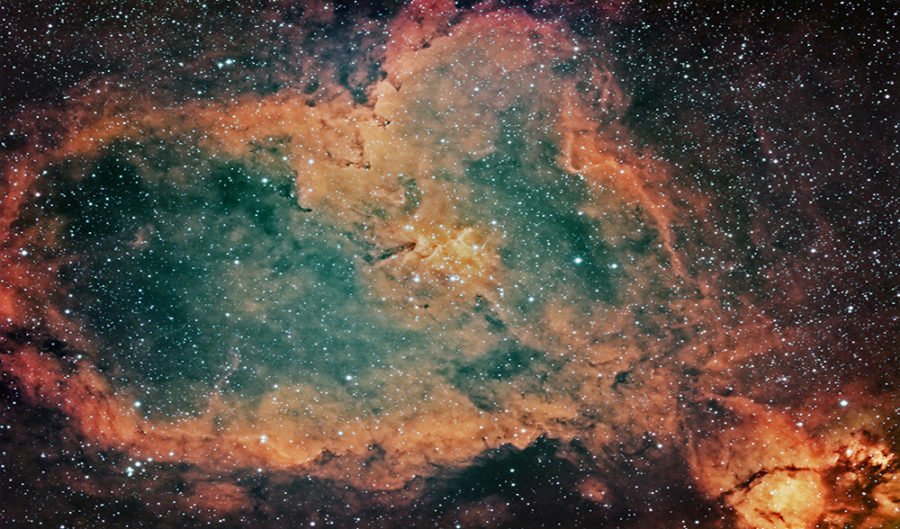
How one brewery is hoping to save marine life with a game-changing invention, just in time for World Turtle Day.
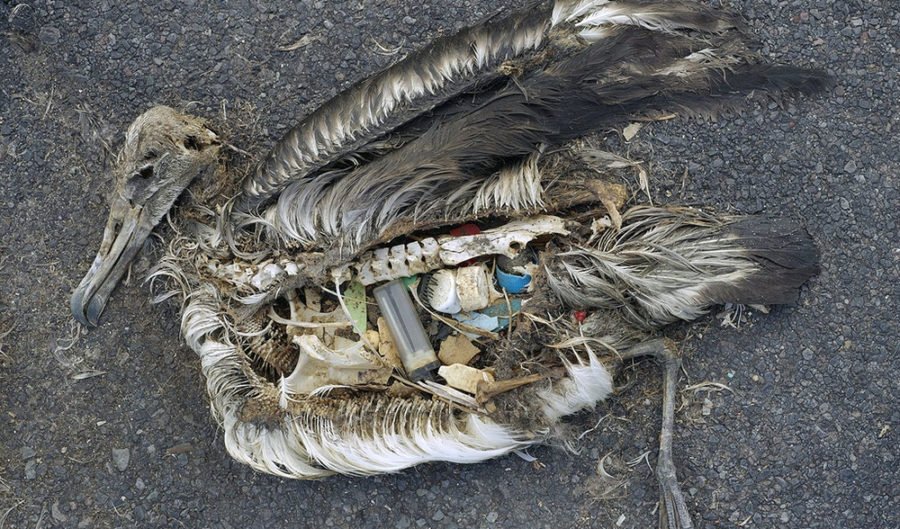
Australians go through, on-average, about 60kg of plastic per person per year. Can we really live without it?
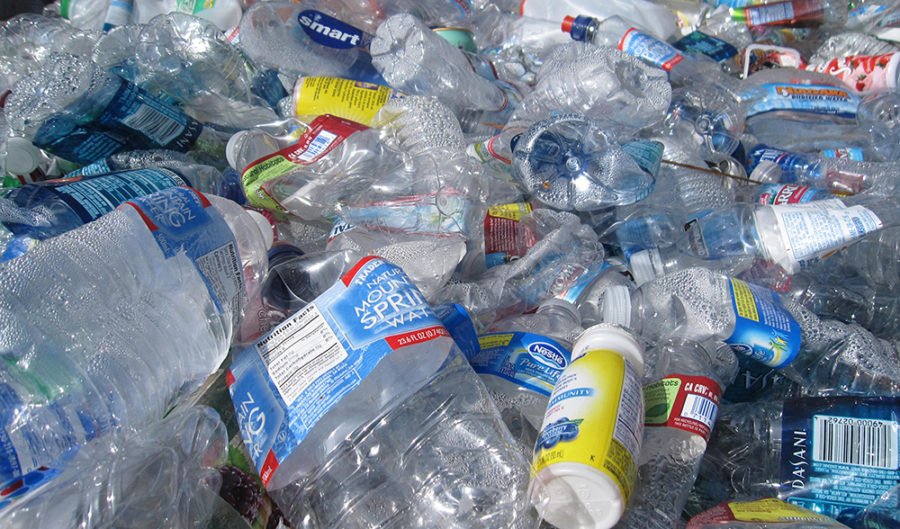
About 40 per cent of the rubbish collected during last years’ Clean Up Australia Day was plastic – a total of 6400 tonnes. It has adverse impacts on the environment, our health and our society, but there are a number of things you can do to reduce your usage. And you don’t have to completely avoid it either – just make sustainable choices, opting for reusable plastic products.
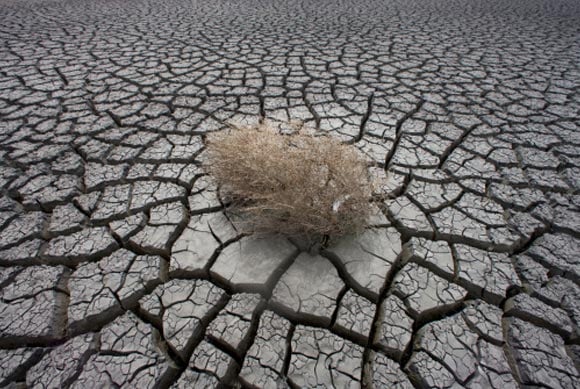
The government’s new direction on climate change could have disastrous effects, says Tony Mohr.
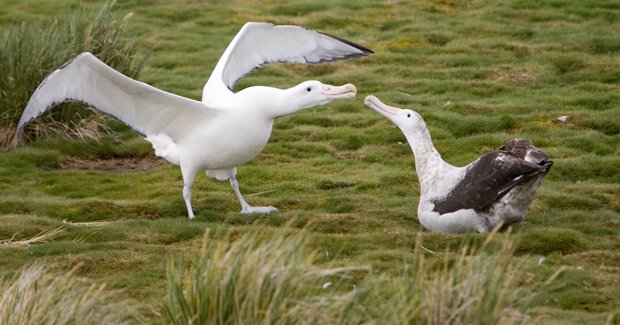
High levels of mercury in seabirds hint that the toxic metal has found its way into fish that humans consume.

After 128 days at sea, David de Rothschild arrives with an environmental message.